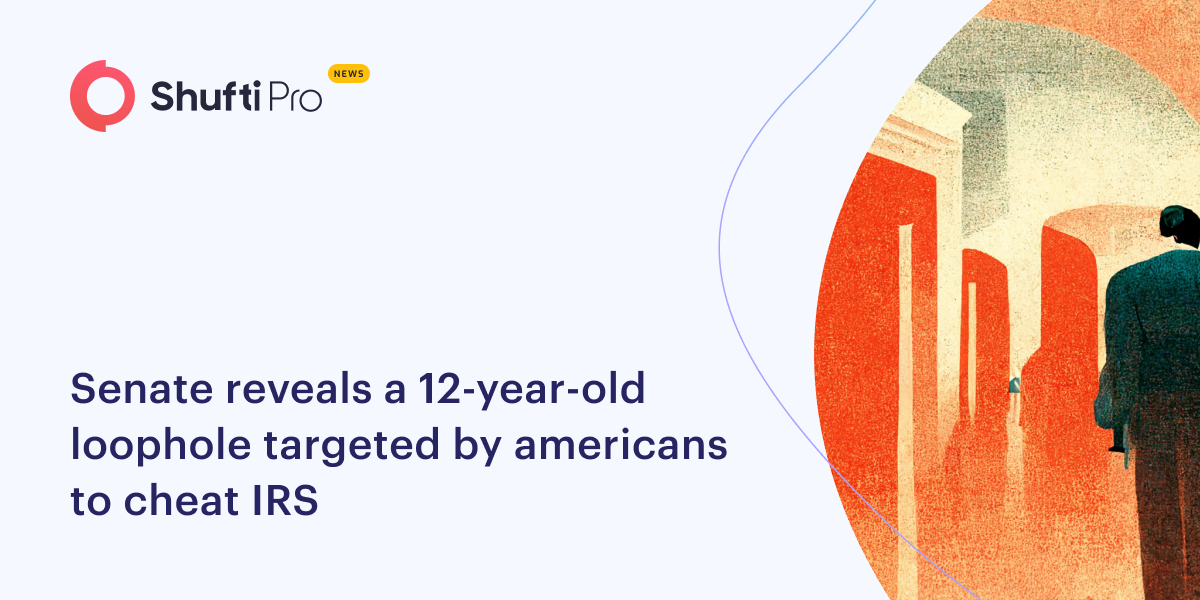News
Visa, Mastercard Face FTC Inquiry Over Debit Card Transactions
Visa Inc. and Mastercard Inc. are once again facing inquiries by the Federal Trade Commission ove...
 Explore More
Explore More
News
Updated Crypto AML Rule in South Korea Set to Take Effect from 25th March
South Korea’s official financial regulatory body, the Financial Services Commission (FSC), announ...
 Explore More
Explore More
News
Singapore: MAS Preparing Data Sharing Platforms to Combat FinCrime
The Monetary Authority of Singapore (MAS) is creating a digital platform named Cosmic that will a...
 Explore More
Explore More
News
US Officials Visit Iraq to Lessen Currency Crisis, Says Central Bank Governor
Iraq’s currency may get uplifted after the meeting between the US top treasury officer and the he...
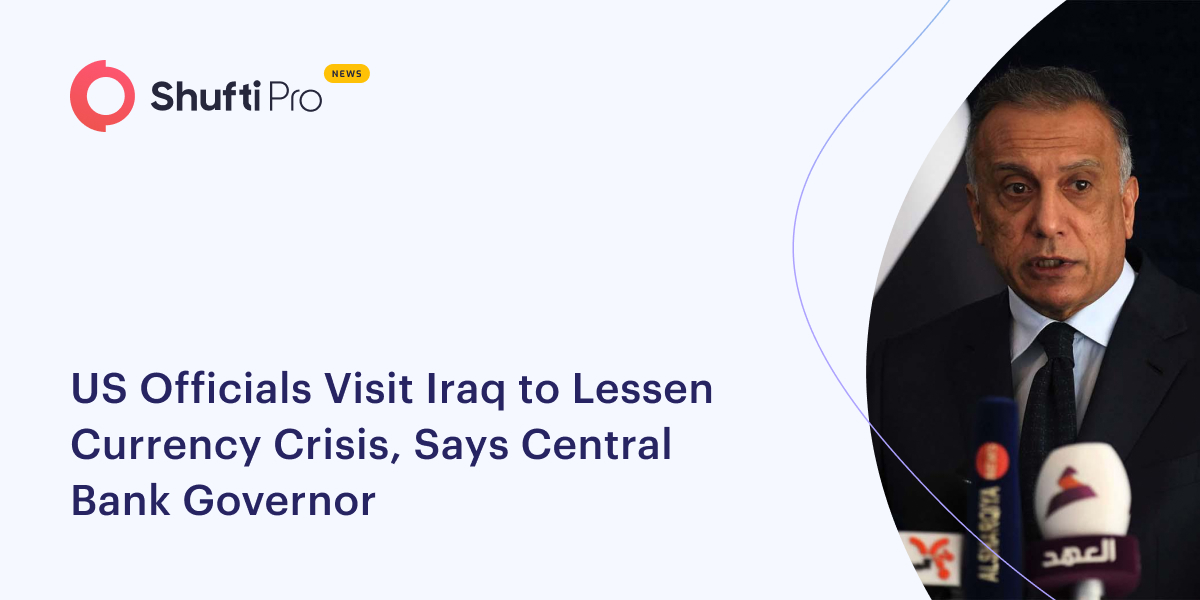 Explore More
Explore More
News
After Targeting 30 People, the “Major Identity Theft Player” Got Arrested by MPD
Roseanna Russell, who the police call ‘mega player’, got caught by the Mobile police. The reports...
 Explore More
Explore More
News
UAE to Include Crypto Framework in their 2021 Business Agenda
The financial watchdogs in the UAE are looking towards developing a detailed crypto framework in ...
 Explore More
Explore More
News
New Study by NIST Reveals Biases in Facial Recognition Technology
The National Institute of Standards and Technology (NIST) recently did a study on the effects of ...
 Explore More
Explore More
News
Action Fraud Fund Report Exposes Billion-dollar Cryptocurrency Scams
The Action Fraud Fund report exposes the extent of cryptocurrency fraud and Ponzi schemes circula...
 Explore More
Explore More
News
Media Industry Suffer Huge Increase in Cyber-Attacks
The media industry is increasingly under the threat of cyberattacks. It suffered 17 billion crede...
 Explore More
Explore More
News
UAE Confiscates Dh4.73 Bn Worth of Assets in Fight Against Financial Crimes
In the past 12 months, the United Arab Emirates has seized assets worth Dh4.73 billion ($1.29bn) ...
 Explore More
Explore More
News
Experts Warn Many Firms Will Face Challenges With Latest FCA UK Crypto Law
The UK’s Financial Conduct Authority (FCA) updated the crypto industry regulations recently, whic...
 Explore More
Explore More
News
Twitter Breach – Bitcoin Scams to the Next Level
A massive attack is reported on Twitter accounts of high-profile and well-recognized brands. Hack...
 Explore More
Explore More
News
European Banking Authority Issues Latest Regulations on Crypto Travel Rules
The European Banking Authority (EBA) announced the new consultation process to implement the cryp...
 Explore More
Explore More
News
EBA Restricts Diamantaires from Banking Services to Curb ML/TF Risk
Financial institutions restricting diamond dealers from banking services to comply with EU’s 2015...
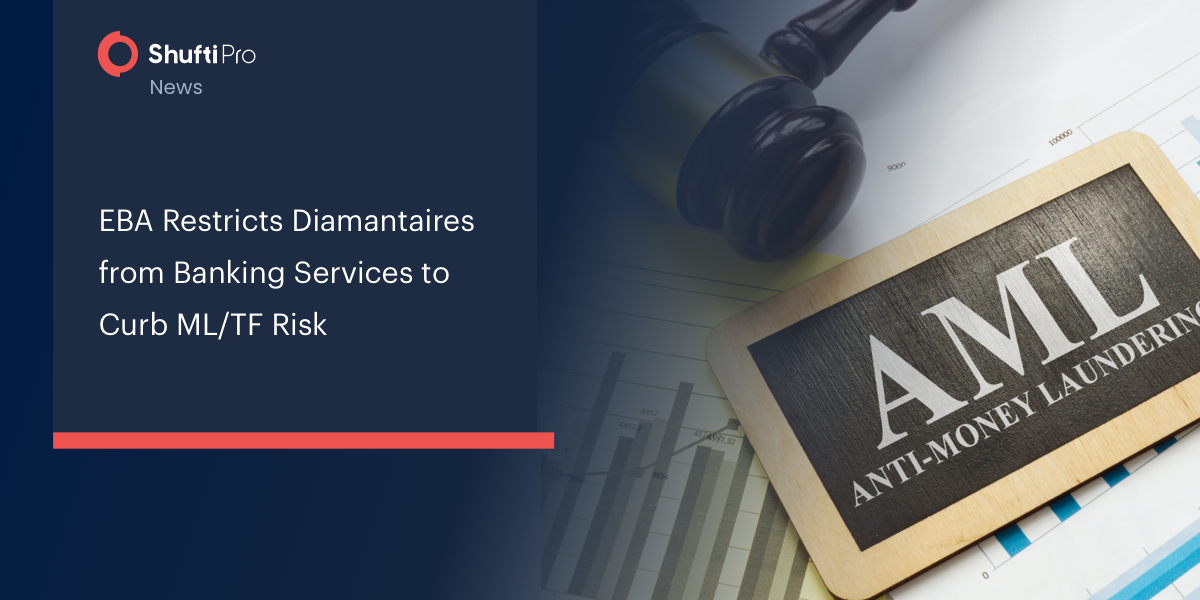 Explore More
Explore More
News
Google Warns 12,000 Victims of Government Hacks
In just three months, from July to September 2019, Google sent out 12,000 warnings to people who ...
 Explore More
Explore More
News
Star Casino’s Share Tumbles 21% Following Money Laundering Allegations
Individuals banned from gambling at the Star casino in Sydney had been permitted to gamble at Sta...
 Explore More
Explore More
News
New Guidelines for Workers Will Deter Fraud in Nigeria’s Financial Sector – Says ASSBIFI
As per the Association of Senior Staff of Banks, Insurance, and Financial Institutions (ASSBIFI),...
 Explore More
Explore More
News
Over Dh3 billion Confiscated from Firms violating AML Laws in UAE
The UAE has plans to take a strict stance on firms operating in the region over money laundering ...
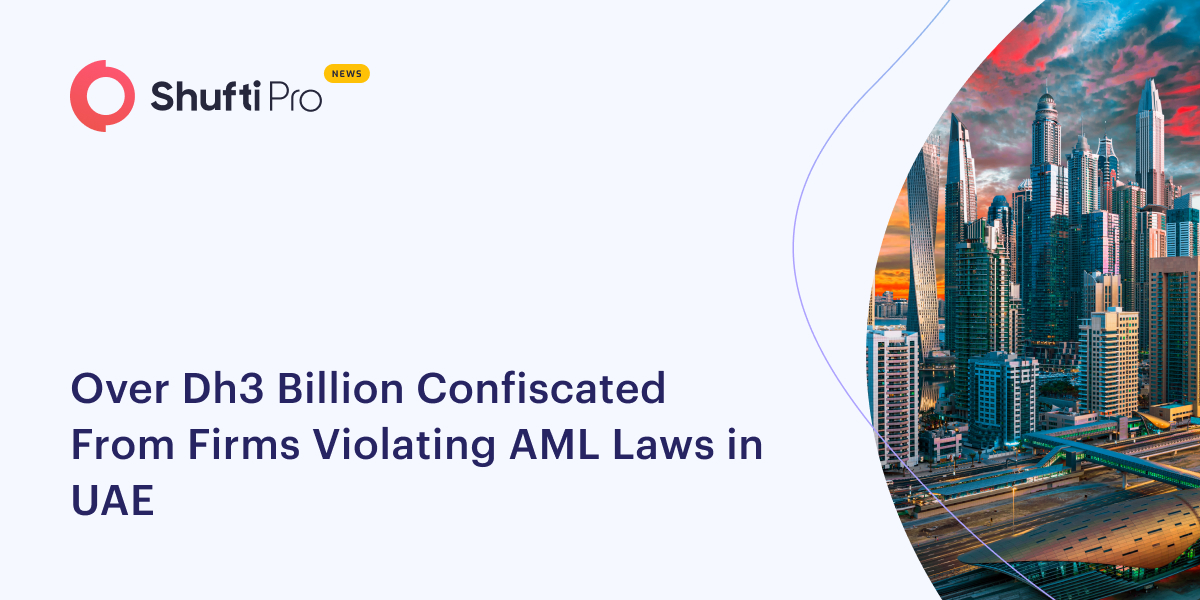 Explore More
Explore More
News
US Treasury Targets Russian Oligarchs as Part of New to Tackle Illicit Finance
Strategy imposed by the US Treasury to combat illicit finance targets Russian Obligarch as part o...
 Explore More
Explore More
News
Coinbase Attorney Urges SEC to Announce Crypto Rules
Coinbase’s attorney forced the Securities and Exchange Commission (SEC) to announce a trans...
 Explore More
Explore More
News
Reports Reveal NAB Contract Workers Received Little to No AML Training
The disclosure follows AUSTRAC’s recent launch of a formal investigation into NAB earlier this mo...
 Explore More
Explore More
News
£23.8 Million Fined to MT Global for AML Non-Compliance
A Money Service Business (MSB) firm, MT Global, penalized by HM Revenue and Customs for breaching...
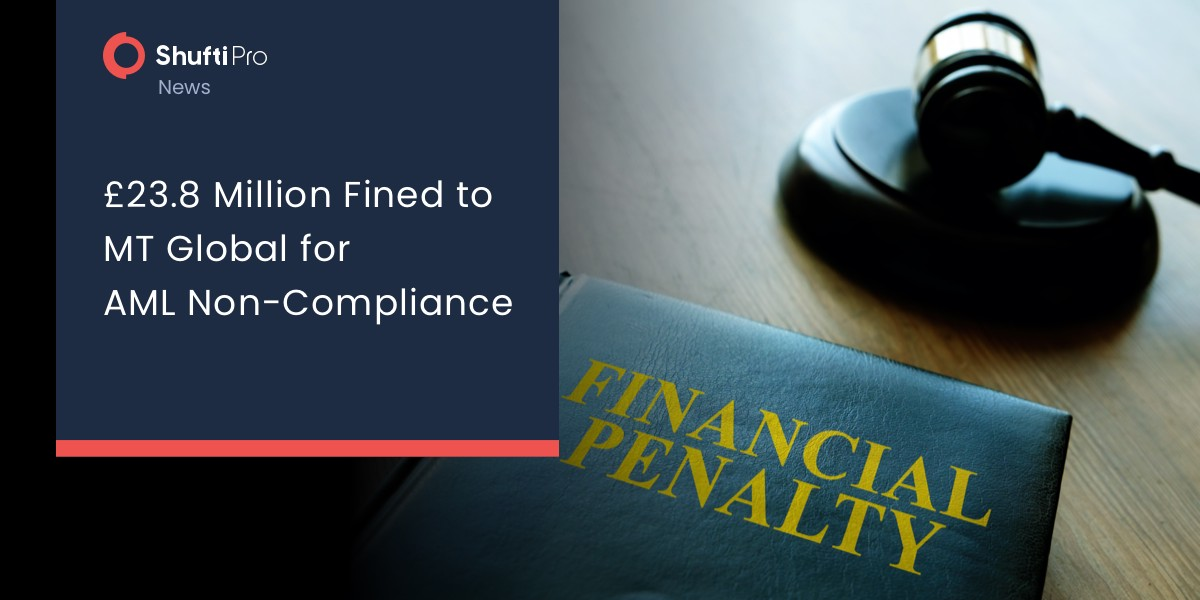 Explore More
Explore More
News
Hong Kong Police Reveals 822 Romance Scams Occurred in 1H of 2021
The Hong Kong Police has advised the public to remain cautious when meeting people online due to ...
 Explore More
Explore More
News
Isle of Man Urged to Take Further Steps to Counter Money Laundering
The Council of Europe’s anti-money laundering committee has again called for an extension in the ...
 Explore More
Explore More
News
UK Regulators Obligates Crypto Firms to Submit Financial Crime Report
The UK’s financial watchdog, Financial Conduct Authority (FCA) has expanded financial regulations...
 Explore More
Explore More
News
FIU Imposes a Fine of L$21 Million on Insurance Companies for AML Failings
The Liberian financial intelligence unit (FIU) has imposed a L$21 million fine against all the in...
 Explore More
Explore More
News
SA’s Healthcare Organizations Become the Latest Prey for Cybercriminals
COVID-19 pandemic has paved the way for cybercriminals to target South Africa’s healthcare organi...
 Explore More
Explore More
News
Singapore, Cyprus, and the US Expedite Efforts to Combat Financial Crimes Effectively
Singapore, Cyprus, and the US are stepping up their efforts to curb financial crimes while aiming...
 Explore More
Explore More
News
European Banking Authority Issues Latest Regulations on Crypto Travel Rules
The European Banking Authority (EBA) announced the new consultation process to implement the cryp...
 Explore More
Explore More
News
Increasing Use of Cryptocurrency for Money Laundering Causes Concern in the Philippines
The use of cryptocurrency in money laundering is raising alarm for the Philippine Central Cank. T...
 Explore More
Explore More
News
Biden Increases 50% Budget for FinCEN to Omit Financial Crimes
President Joe Biden of the USA is pushing a plan for a 50% increase in the budget set aside for t...
 Explore More
Explore More
News
FIAU Slaps Triton Capital Markets Limited with €227,000 Fine for AML/CTF Breaches
The Financial Services Analysis Unit (FIAU) FIAU has fined Triton Capital Markets Limited €227,0...
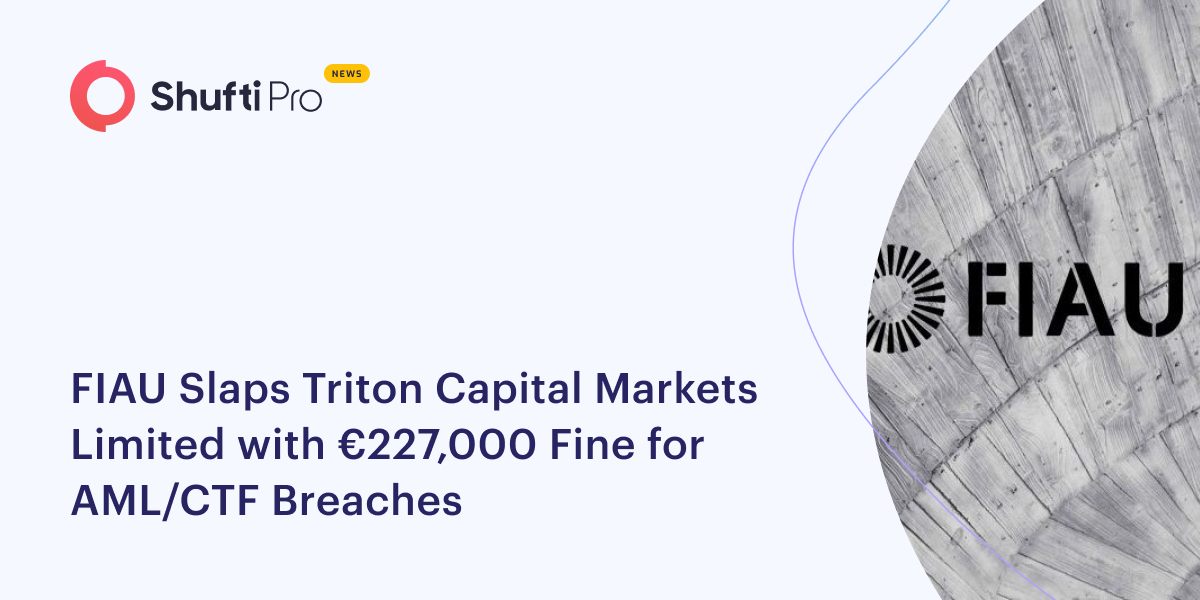 Explore More
Explore More
News
European Union Drafts Crypto Transfer Legislation to Curb Money Laundering
The European Union has introduced legislation to identify crypto transfers as part of wider anti-...
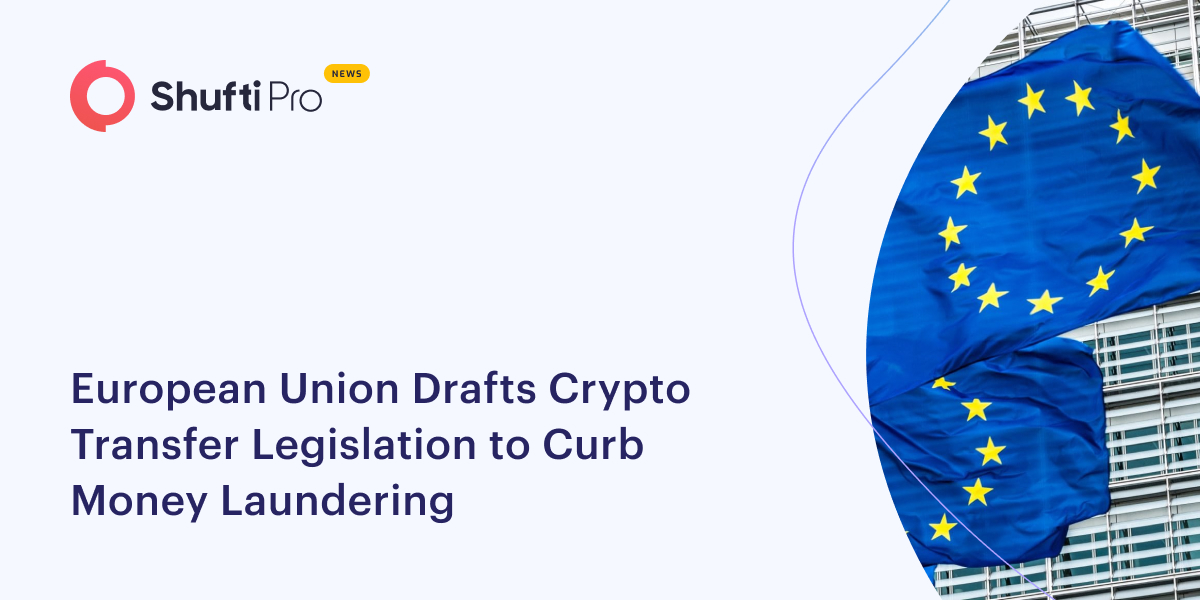 Explore More
Explore More
News
EU Money Laundering Overhaul Should Include NFT Platforms, Lawmakers Say
The two crypto legislation adopted last week did not include unhosted wallets and decentralised f...
 Explore More
Explore More
News
UK’s Revised Fraud Policy Criticised for Ineffectiveness Against Rising Crimes
On Wednesday, Britain announced its strategy for reducing fraud by 10% by the end of the current ...
 Explore More
Explore More
News
G-20 impels countries to adopt tough FATF Regulations on Cryptocurrencies
Bankers and finance ministers in the G-20 (Group of Twenty) are urging for greater acceptance of ...
 Explore More
Explore More
News
Hong Kong’s New Crypto Regulations may Attract Web3 Firms Back
Hong Kong’s new proposed crypto regulation received Huobi Global’s, a Chinese crypto platform, pl...
 Explore More
Explore More
News
Danske to face $2 billion fine for money laundering
According to Jyske Bank, Danske will probably be fined around 13.5 billion kroner (around $2 bill...
 Explore More
Explore More
News
DHS 19.5 Million Fine Imposed on UAE Banks for AML Failings
The Central Bank has imposed Dhs 19.5 million fine on UAE’s banks for shortcomings in the AML fra...
 Explore More
Explore More
News
IMF Urges Philippines to Enhance AML Measures to be Removed from Grey List
The International Monetary Fund (IMF) stated that the Philippines government should adopt an enha...
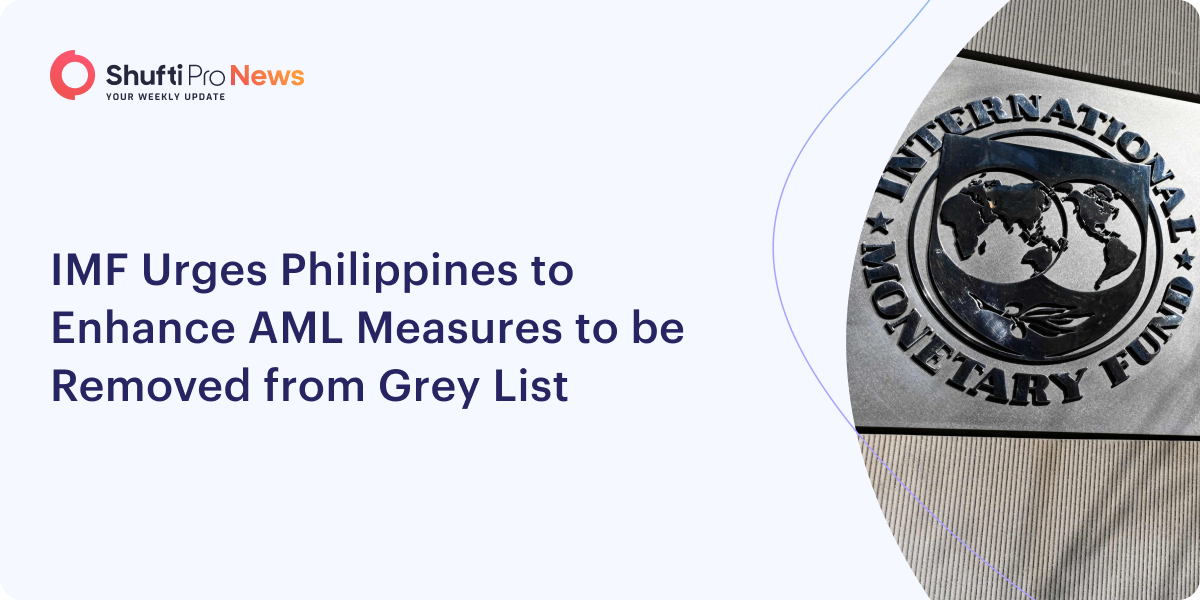 Explore More
Explore More
News
President of Argentina Open to CBDC Adoption but Central Bank Says No
Alberto Fernandez, President of Argentina showed openness to adoption of Bitcoin and Central Bank...
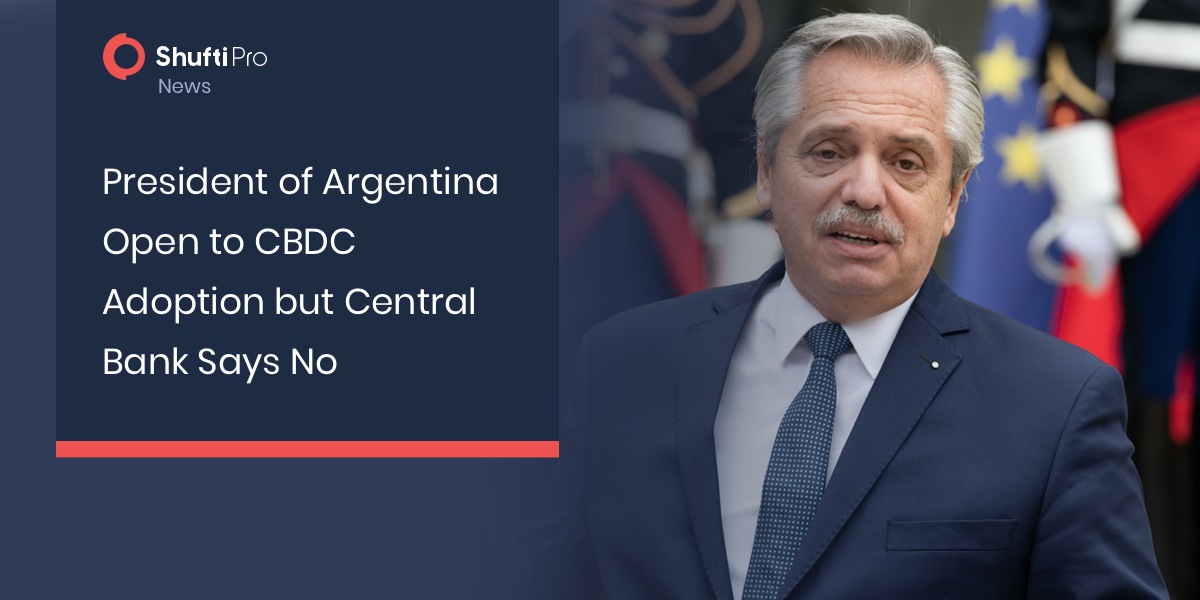 Explore More
Explore More
News
Law firm Clyde & Co. fined $635K for Breaching UK Money Laundering Laws
Global law firm Clyde & Co. was fined £500,000 ($635,613) on 11 January for multiple breaches...
 Explore More
Explore More
News
Asia/Pacific Group on Money Laundering Releases 2021 Typologies Report
The report has highlighted areas of high priority that need further study and the risks associate...
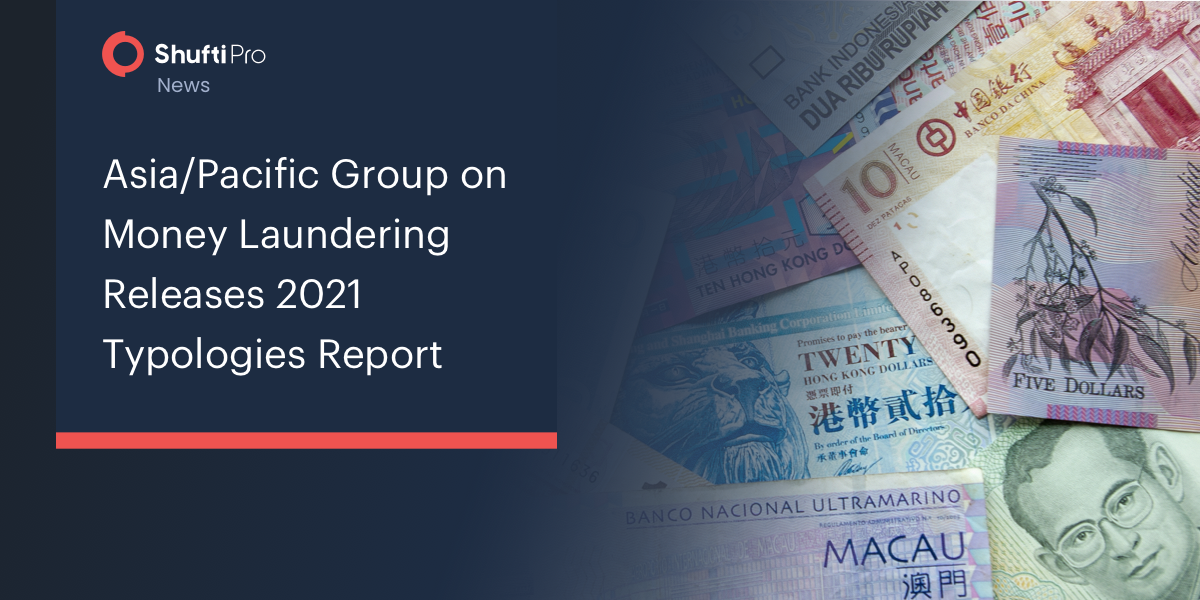 Explore More
Explore More
News
Peru Set Rules For Virtual Assets Platforms Under Anti-Money Laundering Regime
The Peruvian government ordered virtual assets service providers to report their activities to th...
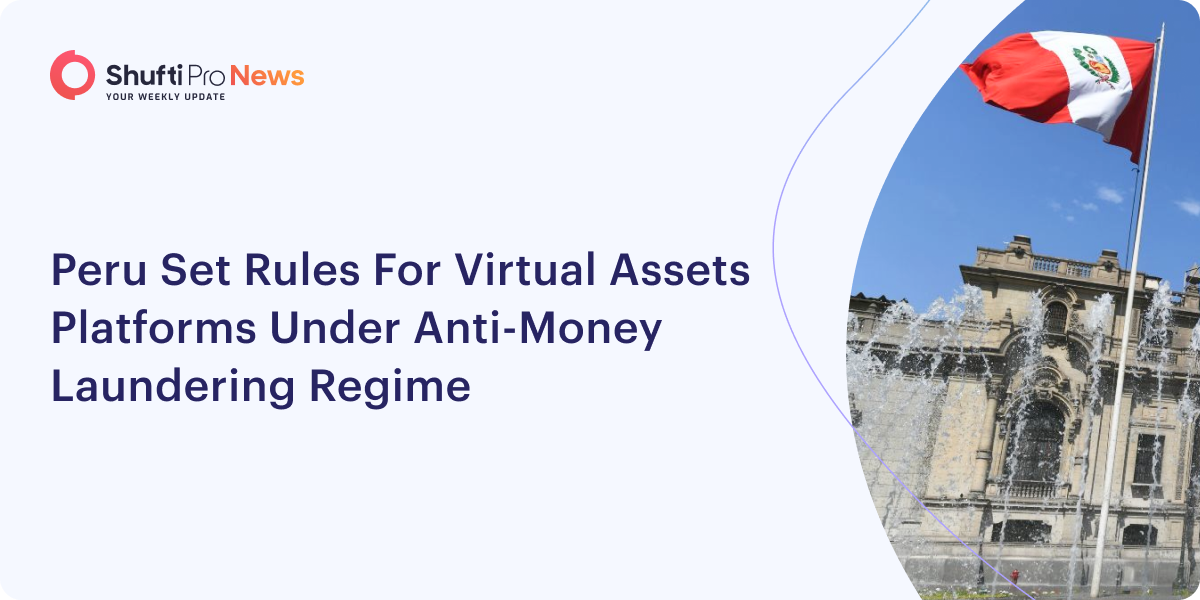 Explore More
Explore More
News
Digital Payment Providers Collaborate with UBA to Combat Scams in the Financial Sector
The National Payment Systems Services Association has collaborated with Uganda Bankers Associatio...
 Explore More
Explore More
News
The UK Introduces Beneficial Ownership Register for Overseas Entities
The implementation of the UK government’s Economic Crime (Transparency and Enforcement) Bill has ...
 Explore More
Explore More
News
Australia DTA Consults on Upcoming “Trusted Digital Identity Bill”
The consultation will facilitate the Trusted Digital Identity Bill, making digital identity syste...
 Explore More
Explore More
News
SRA Receives Fewer AML Violation Reports from England & Wales Despite Sanctions Drive
Anti Money Laundering (AML) violations in England & Wales reported to the Solicitors Regulati...
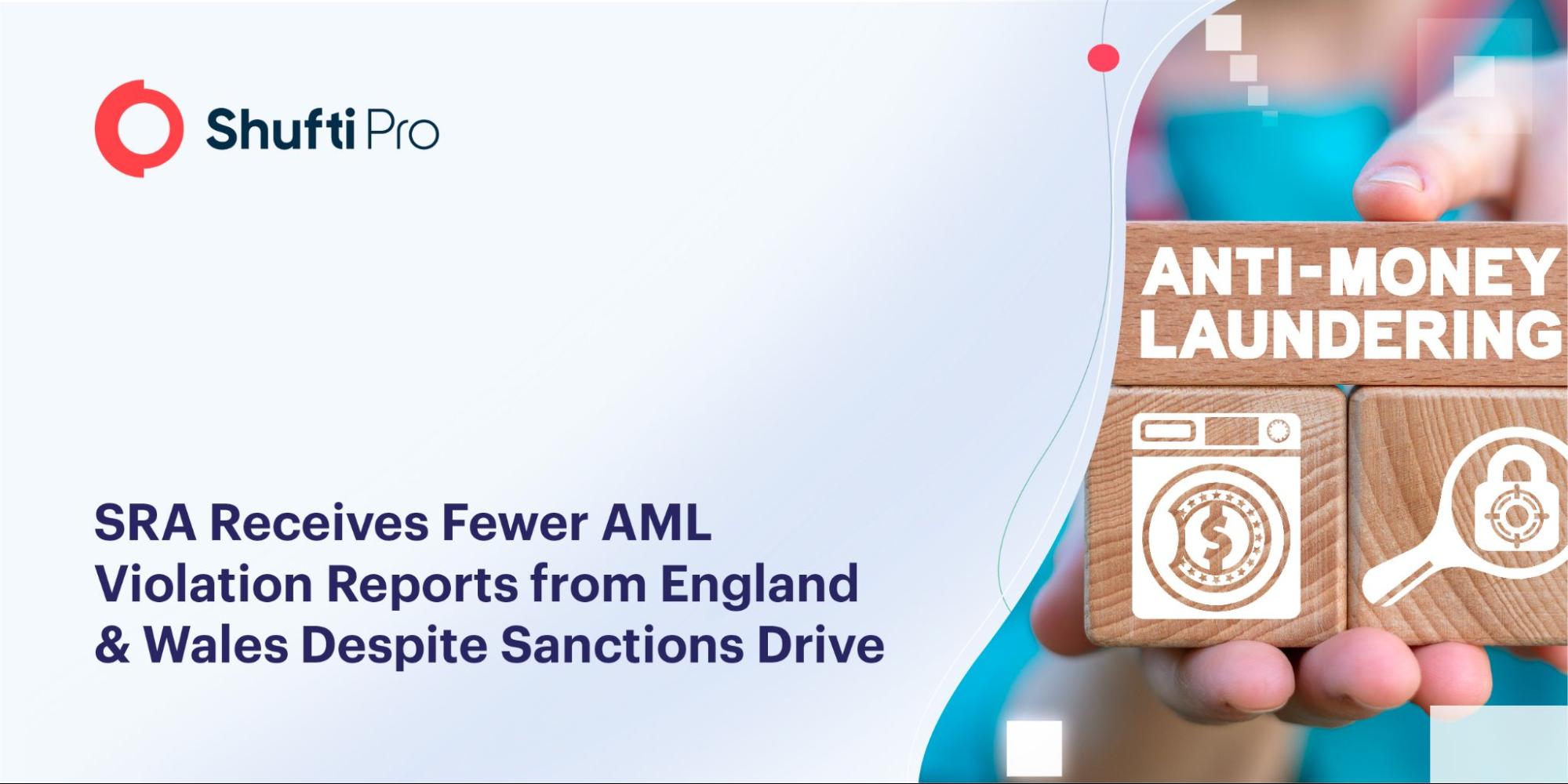 Explore More
Explore More
News
Increasing Money Laundering Fines for Banks After Lockdown
Despite the delays in enforcement activities due to lockdown, the globally issued money launderin...
 Explore More
Explore More
News
Ransomware attacks rise as criminals target remote working
Ransomware attacks are getting bigger and bolder at a time where many organisations are implement...
 Explore More
Explore More
News
Police warns after an increase in online scams selling face masks
The Cleveland Police has warned the public regarding the increasing number of Coronavirus related...
 Explore More
Explore More
News
Danske Bank Charged with $413m for Defrauding Investors about AML Shortcomings
The Securities and Exchange Commission has charged Danske Bank $413 million for misleading its cu...
 Explore More
Explore More
News
Hong-Kong Police Crack money-laundering Cartel of Processing HK$119 Million in 2 months
Hong Kong police have rounded up 11 men in a crackdown on a cross-border syndicate with a suspect...
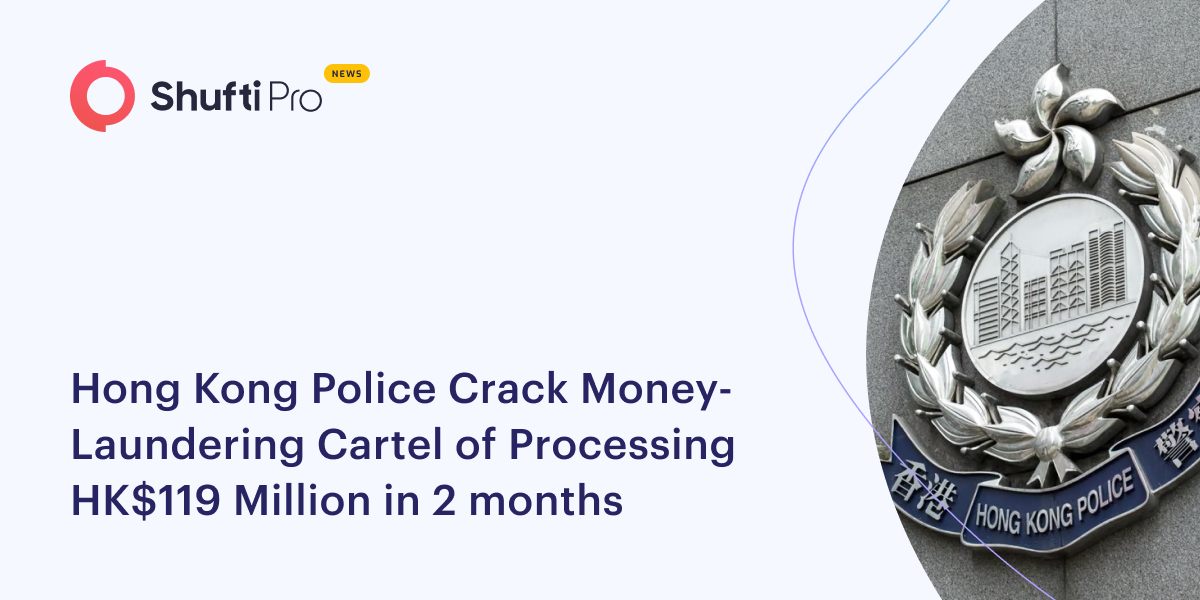 Explore More
Explore More
News
Comparitech Report Ranks Biometric Data Use: China Tops the List
Comparitech, a pro-consumer technology website, conducted a study including 50 countries and thei...
 Explore More
Explore More
News
Job Seekers Face Concerns of Identity Theft Through Fake Employment Scams
Fake employment advertisements defrauded many job seekers with theft of money and personal detail...
 Explore More
Explore More
News
US Treasury Department Introduces Beneficial Ownership Reporting Form to Enhance AML Measures
The US Treasury Department designed a beneficial ownership report form to strengthen the security...
 Explore More
Explore More
News
U.S. Schools and Colleges Witness a Rise in Data Breaches
Data breaches and cyberattacks continue to grow and now targeting the education sector. Amid the ...
 Explore More
Explore More
News
Cambodia Under FATF’s Tight Monitoring Over Weak AML Measures
Cambodia is under the tight monitoring of FATF over weak AML measures. According to Transparency ...
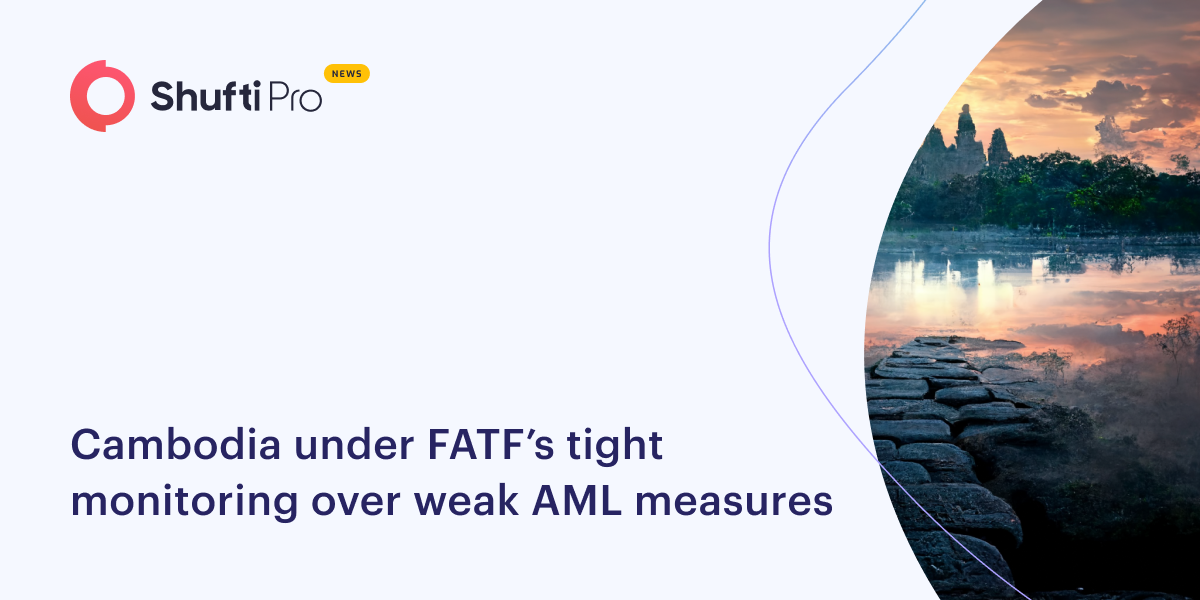 Explore More
Explore More
News
UAE startup relies on Blockchain to flatten COVID-19 curve
In5, UAE based start-up incubator, is assisting to design blockchain-based techniques to suppress...
 Explore More
Explore More
News
ABA House of Delegates Amends the AML Model Rule to Curb Financial Crimes
The House of Delegates amended the ABA Model Rule of Professional Conduct 1.16, which covers decl...
 Explore More
Explore More
News
BC Money Laundering Inquiry Report Calls for New Law Enforcement Unit
BC has released a money laundering report that carries multiple recommendations and includes the ...
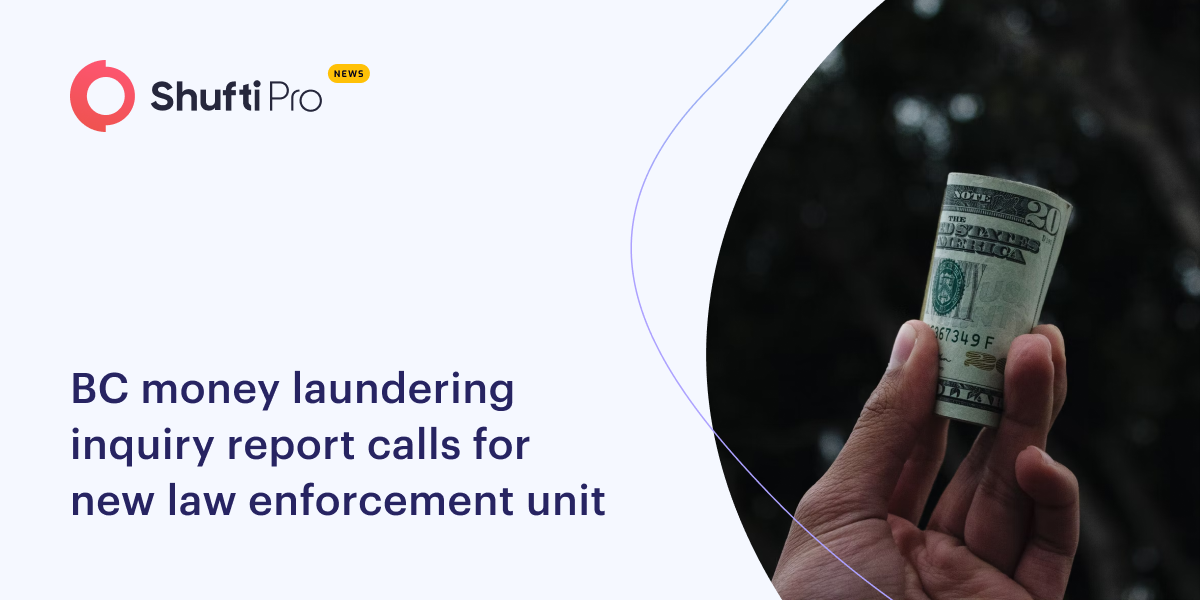 Explore More
Explore More
News
Tesla CEO Elon Musk Accuses SEC of Leaking Information in Federal Investigation
Tesla CEO Elon Musk has accused the SEC of leaking information about a federal investigation as a...
 Explore More
Explore More
News
CFTC Charges South African Pool Operator for BTC Fraud Worth $1.7 Billion
CTFC charges a South African pool operator Steynberg for the largest fraud case in the region inv...
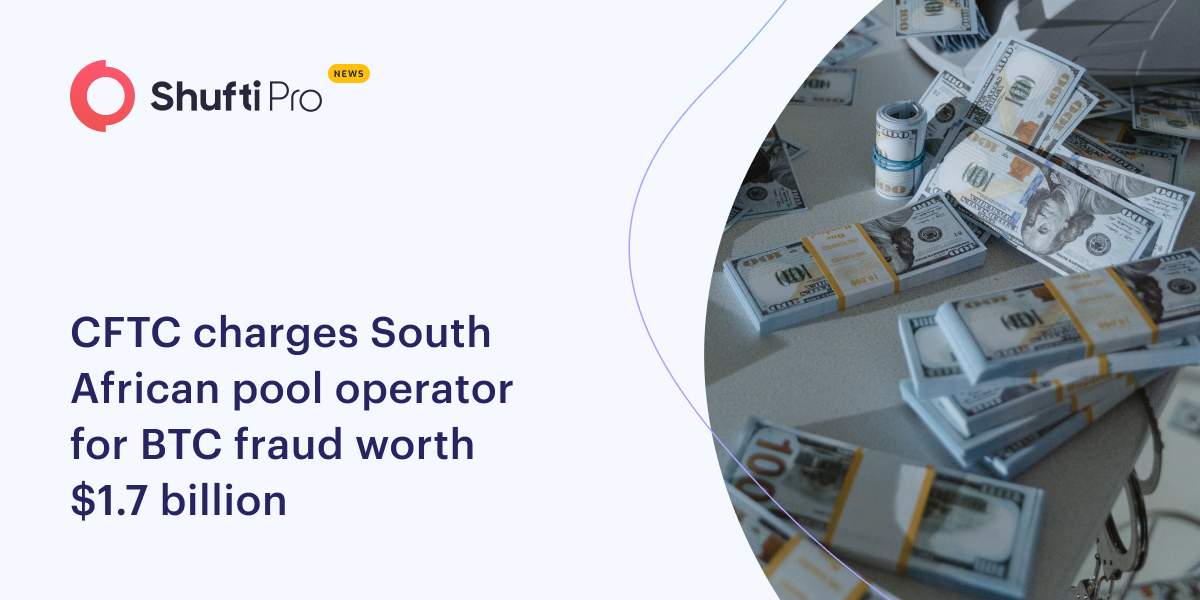 Explore More
Explore More
News
FATF Issues Guidance Paper For Incorporating Digital ID
The Financial Action Task Force (FATF) has issued a guidance paper, last week, that outlines a ri...
 Explore More
Explore More
News
FIU to Audit Crypto Exchanges, Aiming to Reduce Money Laundering
Financial Intelligence Unit under Financial Services Commission to audit Korea’s cryptocurrency e...
 Explore More
Explore More
News
UK Cryptos Have Eight Months to Get their AML Measures In Order – FCA
UK – The Financial Conduct Authority (FCA) has pushed back the end date of crypto company’s...
 Explore More
Explore More
News
The Financial Intelligence Analysis Unit Levies Fines Worth €2.2 Million in the First Half of 2023
The Financial Intelligence Analysis Unit fined €2.2 million in the first half of 2023. A constitu...
 Explore More
Explore More
News
AMLC Continues to Address AML Deficiencies as per FATF Guidelines
The AMLC has reported continued efforts to address the deficiencies specified by the FATF to tack...
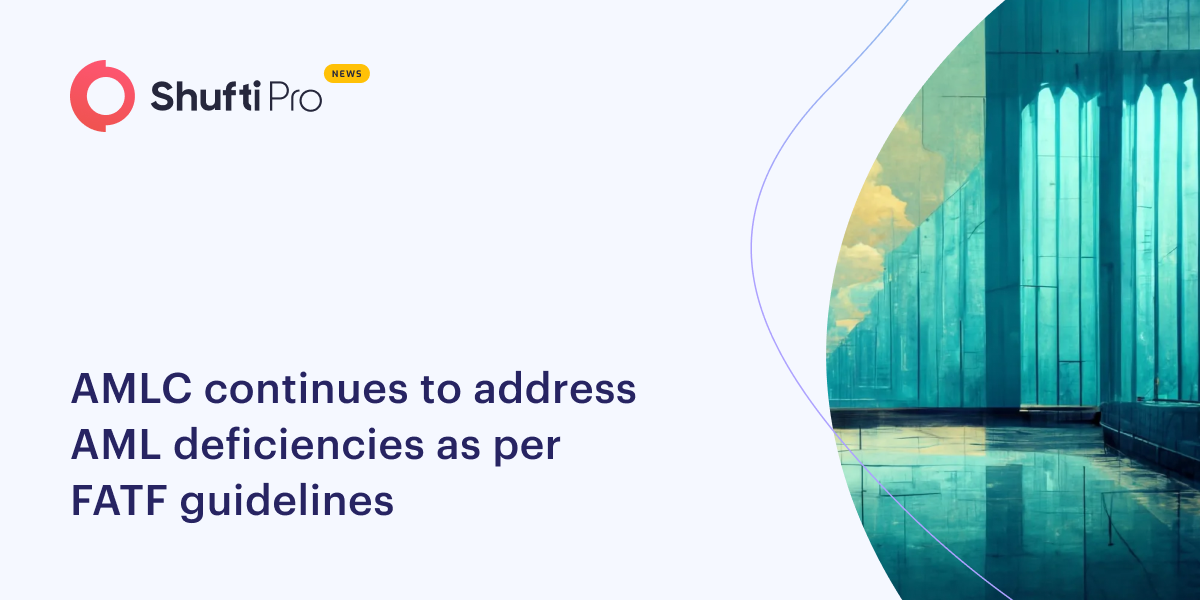 Explore More
Explore More
News
U.S. SEC chair nominated to regulate crypto oversight
William Barr, United States Attorney General announced that President Trump is likely to task Jay...
 Explore More
Explore More
News
Cambodia’s Presence on The Global Watchdog’s Hit List is a Threat to Country’s Reputation- States Deputy PM
Due to the enhanced ratio of financial crimes and human trafficking in Cambodia, the deputy prime...
 Explore More
Explore More
News
FCA Takes NatWest to Court over Money Laundering Charges
The National Westminster Bank has been accused of neglecting the anti-money laundering regulation...
 Explore More
Explore More
News
UAE Extends the Deadline for DNFBPs to Register for AML Regulations
The Ministry of Economy (MoE) in Abu Dhabi has announced the deadline extension for the registrat...
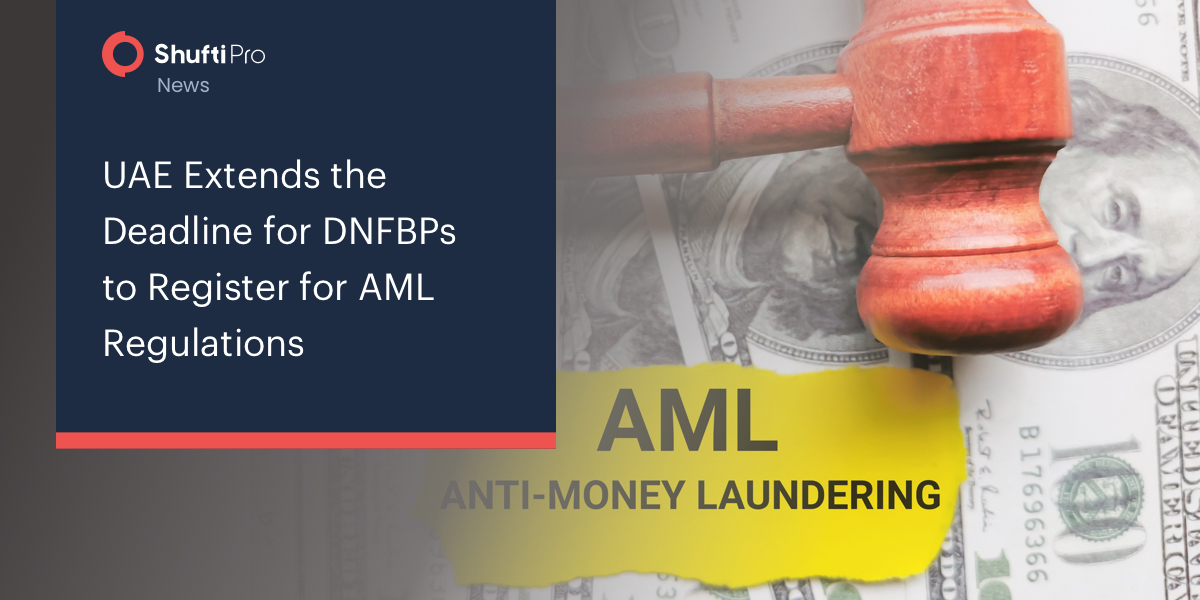 Explore More
Explore More
